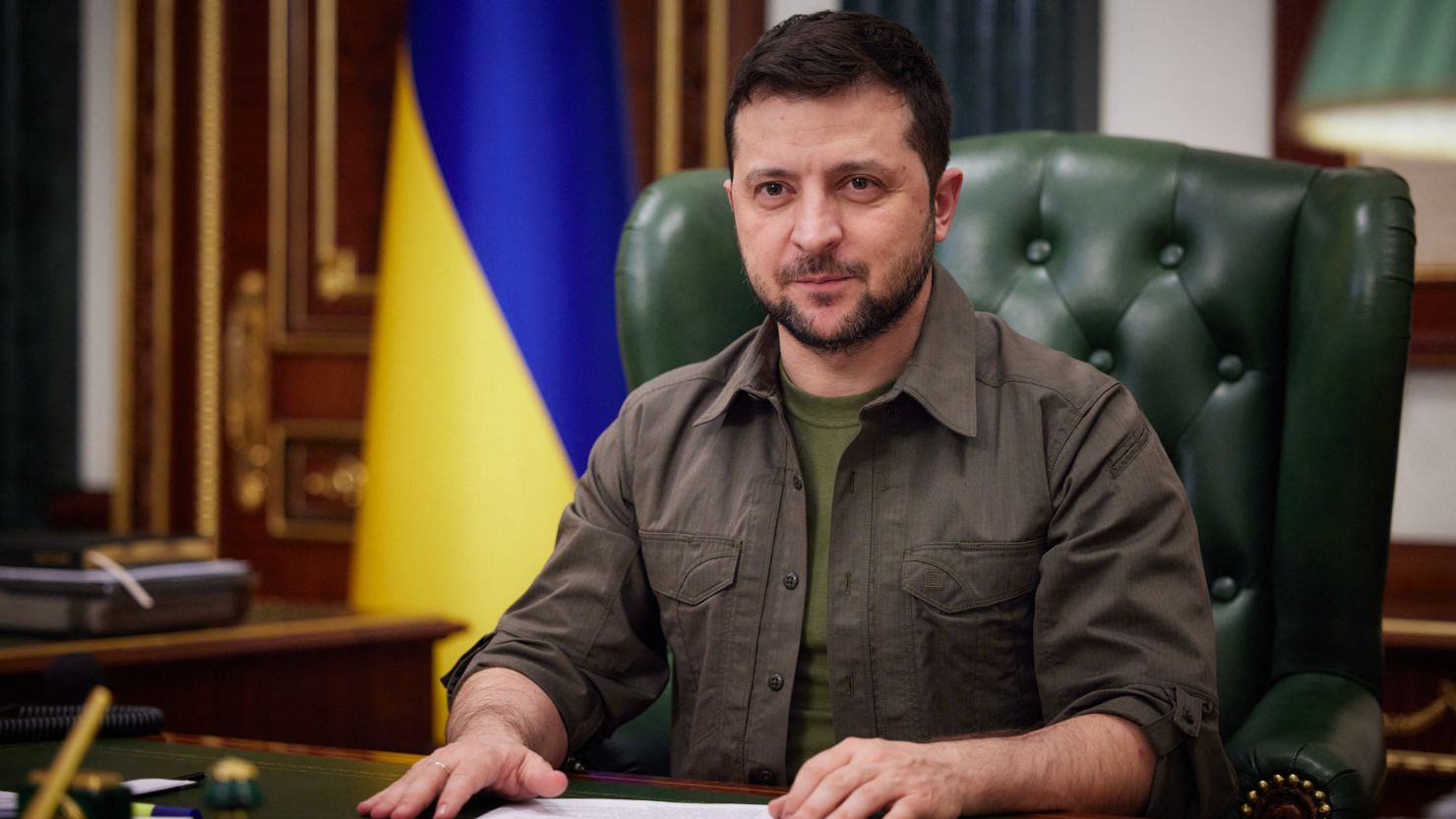Russian President Vladimir Putin has strongly criticized Ukrainian President Volodymyr Zelensky’s recent comments regarding nuclear weapons, labeling them a “dangerous provocation.” The remarks came in response to Zelensky’s statement at an EU summit, where he suggested that Ukraine might seek nuclear weapons if it cannot join NATO.

During a meeting with journalists from BRICS nations, Putin expressed concern over Zelensky’s comments, stating, “This is a dangerous provocation. Any step in this direction will be met with a corresponding reaction.” The Russian leader emphasized the gravity of such statements in the current geopolitical context.
Zelensky’s controversial remarks were made during a news conference following an EU summit. He recalled a conversation with former U.S. President Donald Trump about Ukraine relinquishing its nuclear arsenal after the Soviet Union’s collapse, stating, “Either Ukraine will have nuclear weapons, which will protect us, or we must have some kind of alliance.”
Putin pointed out the potential ease of developing nuclear weapons in the modern world, though he expressed uncertainty about Ukraine’s current capabilities in this regard. “It is not difficult to create nuclear weapons in the modern world,” Putin said. “I do not know whether Ukraine is capable of doing it now, it is not so easy for Ukraine of today, but in general there is no great difficulty here.”

The situation is particularly sensitive given Ukraine’s history with nuclear weapons. After the Soviet Union’s dissolution in 1991, Ukraine inherited the world’s third-largest nuclear arsenal. In 1994, Ukraine surrendered these weapons in exchange for security guarantees from Russia and the United States, as outlined in the Budapest Memorandum.
Zelensky argued that Russia had “violated this document,” referring to the security guarantees provided in the Budapest Memorandum. He emphasized that Ukraine’s desire to join NATO was driven by the need for security assurances, implying that without such alliances, the country might consider alternative means of defense.
Putin’s strong reaction to Zelensky’s comments highlights the ongoing tensions between Russia and Ukraine, as well as the broader implications for regional security and nuclear non-proliferation efforts. The exchange also underscores the complex dynamics surrounding Ukraine’s aspirations for NATO membership and its security concerns vis-à-vis Russia.



